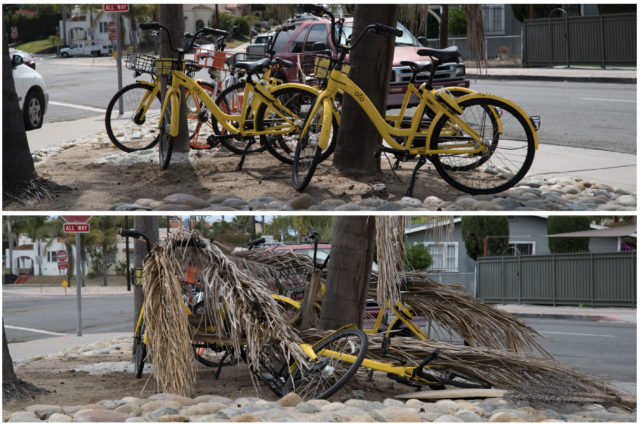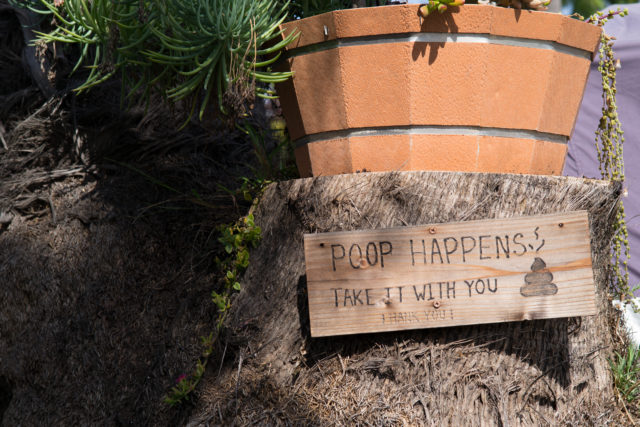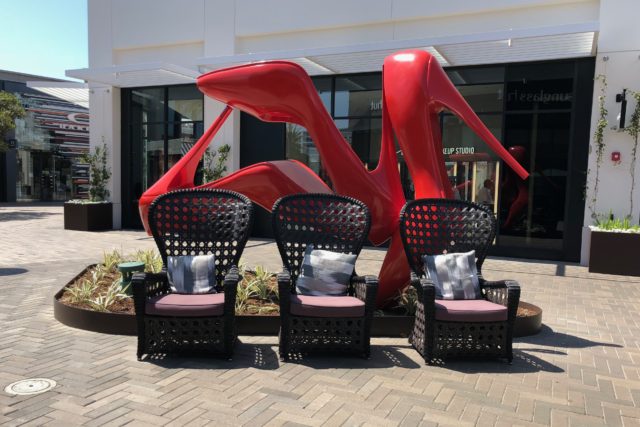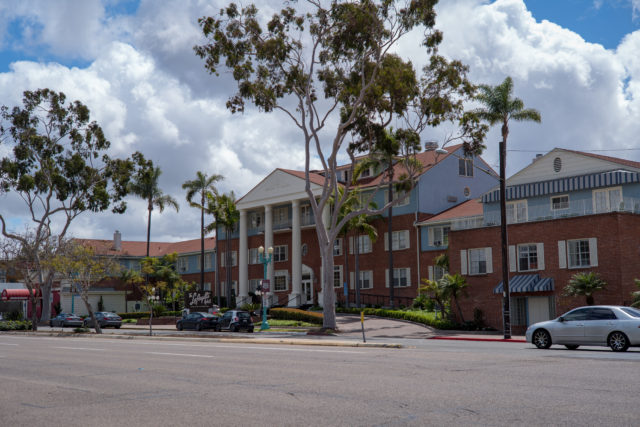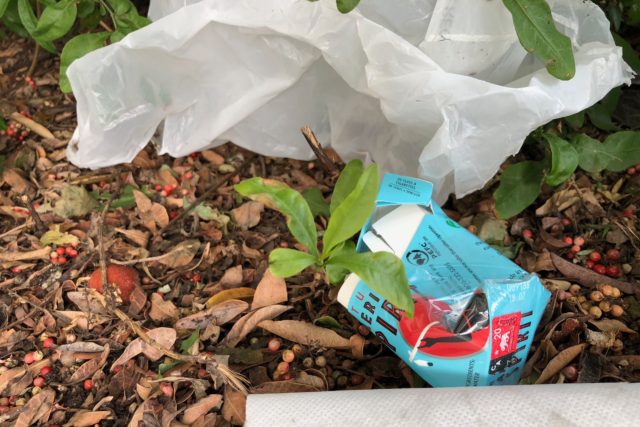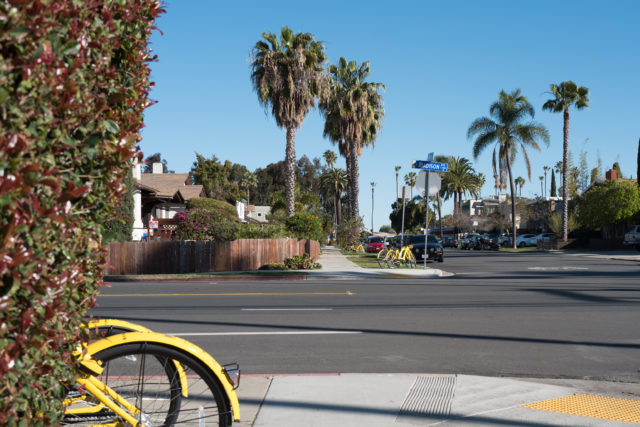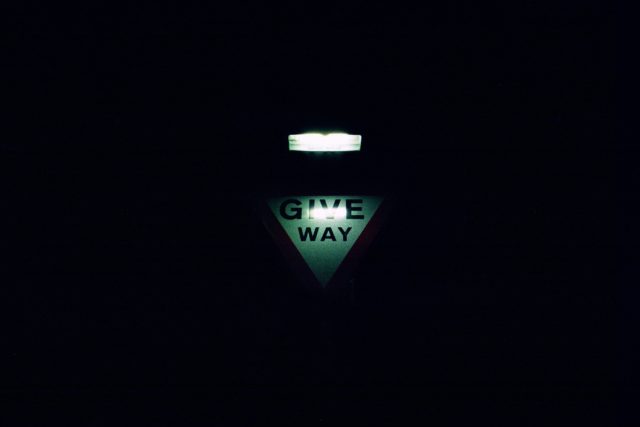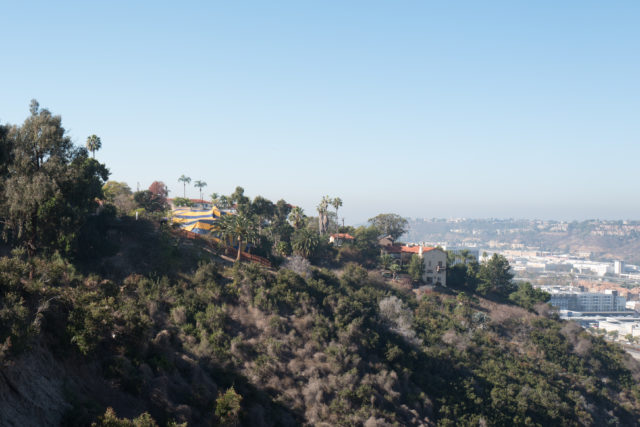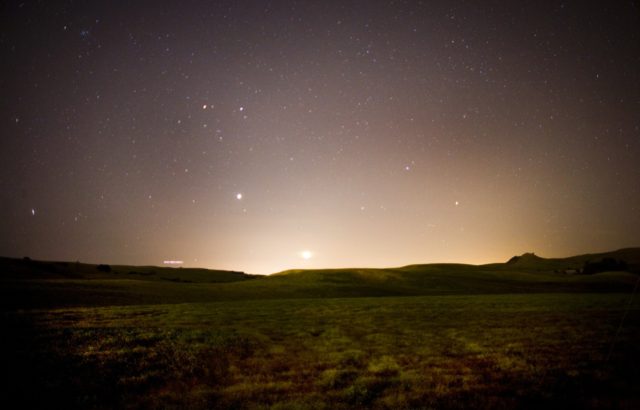There are times when human relationship drama is so bizarre and intense you feel like you’re living in a TV soap opera. Thus sums up recovering Moose; the cat belonged to one neighbor but was taken away by another. I played my role.
My wife and I first encountered the tortoiseshell, running off her porch to greet us, in early December 2017—and I profiled her in my “Cats of University Heights” series. We saw her at least once more, months later, in the building’s parking lot. Thirteen days ago, someone direct-messaged me on NextDoor about the kitty. He had seen my photos and wondered if she was a stray, as she frequented his property. For the purpose of privacy, I am changing the names of all the participants. We will call this gentleman Jerry. He asked where I had seen Moose. I gave an approximate address and expressed confidence that the tortie belonged to someone.

